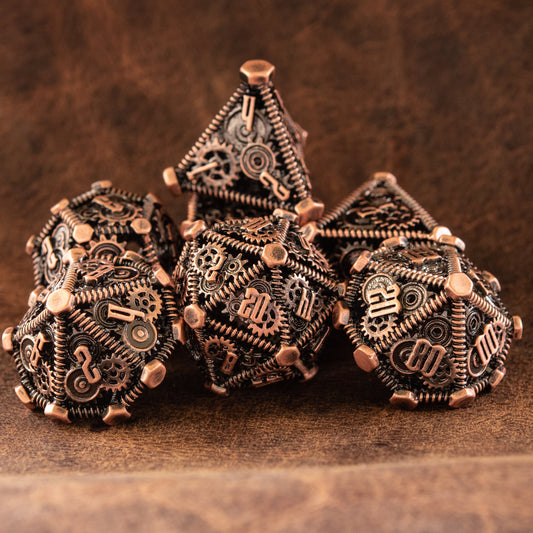Who Invented Dice?
Dice, one of the oldest gaming implements known to humanity, have a history that stretches back thousands of years. The exact origins of dice are shrouded in mystery, but archaeological evidence suggests that they were used as early as 3000 BCE.
The earliest known dice were excavated from a site in modern-day Iran, dating back to the ancient Sumerians. These primitive dice were made from materials such as bone, ivory, and stone. The Sumerians, known for their advancements in writing and mathematics, likely used these dice in games of chance and divination.
As civilizations evolved, so did the design and use of dice. The Egyptians, Greeks, and Romans all had their versions, often using them in gambling and religious rituals. The Egyptians, for example, created knucklebones, which were precursors to modern dice. These were typically made from the ankle bones of hoofed animals and were used in a game similar to jacks or knucklebones.
In ancient Rome, dice games were immensely popular among all social classes. Roman dice were typically made from bone, metal, and sometimes glass. The Romans even had a god of dice, named "Mercury," highlighting the cultural significance of these small cubes.
The invention of the six-sided die, or "hexahedron," is attributed to the Greeks, who standardized the shape and numbering system that we still use today. This design allowed for more complex and fairer games, making dice an essential part of ancient Greek entertainment.
Throughout history, dice have been more than just gaming tools. They have been used in rituals, as tools for decision-making, and as instruments of fate. Today, dice are ubiquitous in board games, role-playing games, and casinos, continuing to captivate people of all ages.
In conclusion, while the exact inventor of dice remains unknown, their evolution reflects the ingenuity and cultural significance of ancient civilizations. From the Sumerians to the Romans, dice have played a crucial role in human history, and their legacy endures in modern gaming.### RPG Dice Game: A Journey into Randomness and Strategy
In the vast world of tabletop gaming, few experiences are as immersive and unpredictable as an RPG (Role-Playing Game) dice game. These games blend the thrill of storytelling with the excitement of chance, creating a unique blend of strategy, creativity, and luck.
The Basics of RPG Dice Games
At its core, an RPG dice game involves players taking on the roles of characters in a fictional setting. These characters embark on adventures, face challenges, and interact with each other and the environment. The outcomes of their actions are determined by rolling dice, which introduces an element of randomness and uncertainty.
Different dice are used in RPG games, each with varying numbers of sides. The most common types include the four-sided die (d4), six-sided die (d6), eight-sided die (d8), ten-sided die (d10), twelve-sided die (d12), and the twenty-sided die (d20). Each die serves a specific purpose, from determining damage in combat to resolving skill checks and saving throws.
The Role of the Game Master
A crucial element of any RPG dice game is the Game Master (GM). The GM is responsible for creating the story, setting the scene, and guiding the players through their adventure. They describe the world, control non-player characters (NPCs), and adjudicate the rules. The GM also interprets the results of dice rolls, ensuring that the game progresses smoothly and fairly.
Strategy and Luck
While luck plays a significant role in RPG dice games, strategy is equally important. Players must make tactical decisions based on their character's abilities, the situation at hand, and the potential outcomes of their actions. This combination of strategy and luck keeps the game engaging and dynamic, as players never know exactly what will happen next.
The Social Aspect
One of the most appealing aspects of RPG dice games is the social interaction they foster. Players collaborate to overcome challenges, share in the storytelling experience, and create memorable moments together. This sense of camaraderie and teamwork is a key reason why RPG dice games have remained popular for decades.
Conclusion
RPG dice games offer a unique blend of storytelling, strategy, and chance. They provide an opportunity for players to immerse themselves in fantastical worlds, take on heroic roles, and experience the thrill of the unknown. Whether you're a seasoned veteran or a newcomer to tabletop gaming, an RPG dice game promises an adventure like no other. So gather your dice, assemble your friends, and embark on a journey into the realm of imagination and excitement.





